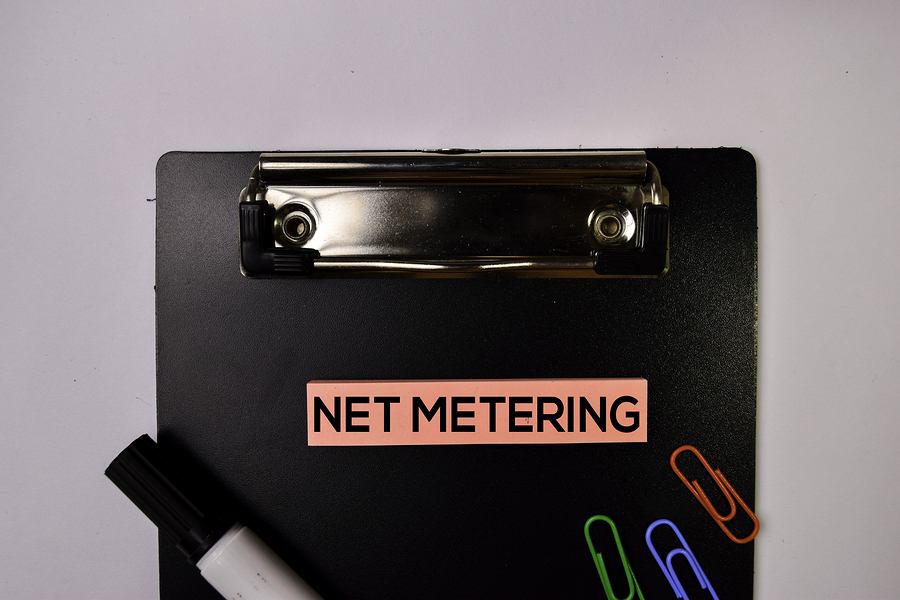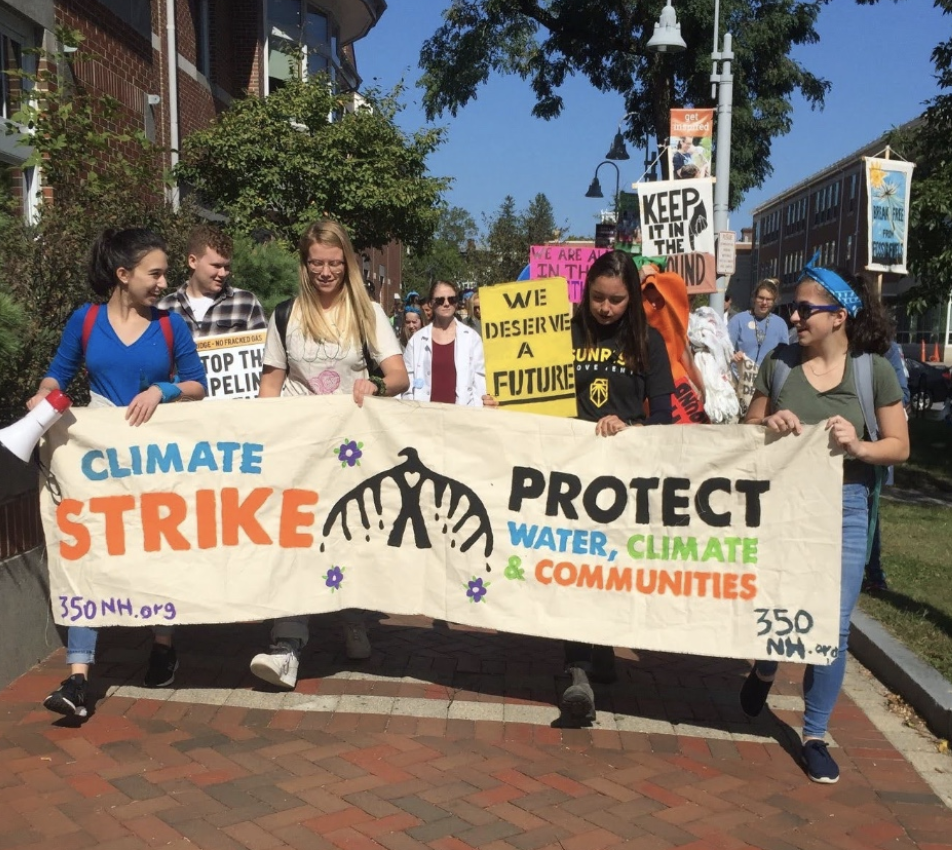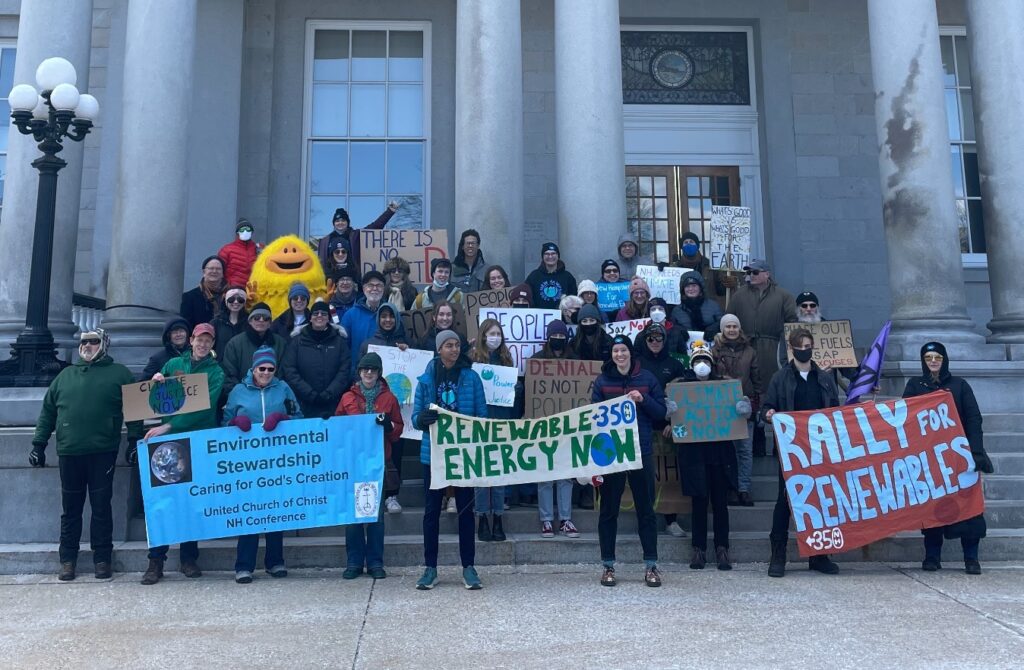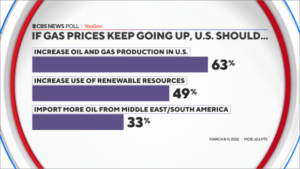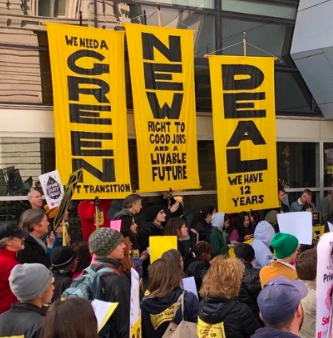Can You Be Pro-Environment and Pro-Life? NH Green Groups Say ‘No!’
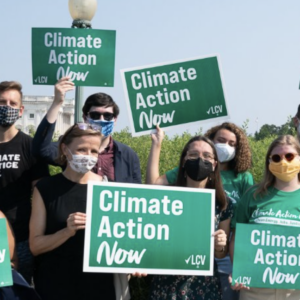
What does supporting D.C. statehood or defending Roe v. Wade have to do with protecting the environment or fighting climate change?
If you want the endorsement of so-called “environmental” groups like the Sierra Club, 350NH Action, or the League of Conservation Voters — everything.
All three groups endorse a so-called intersectional view of the environment, encompassing support for things like abortion rights, voting access, support for labor unions and higher minimum wages as part of the overall Green movement.
“The environment doesn’t live in a silo. It is a multi-layered issue,” said Catherine Corkery, the New Hampshire chapter director for the Sierra Club.
As a result, candidates like Rep. Chris Pappas and Sen. Maggie Hassan who have nearly perfect scores from the League of Conservation Voters earned them, not by fighting against fossil fuels, but by supporting police reform. And money donated to the LCV to fund candidates committed to conservation is distributed in part based on positions like supporting late-term abortion.
Corkery said candidates for public office who want the Sierra Club’s endorsement need to show strong support for clean air and water, but also things like voting rights and economic justice.
“The Sierra Club uses a variety of issues to review people as candidates. The environment is multi-faceted. Our lives are complex and so is the environment,” she said.
For example, greater access to voting rights means people can more easily vote for pro-environmental policies and candidates, Corkery said.
350NH Action goes further, demanding that candidates seeking their endorsement adhere to a progressive platform far beyond strictly environmental issues.
“Climate is an intersectional issue, so we only endorse candidates who have strong stances on progressive issues we and our partners also fight for like: racial justice, immigrant justice, LGBTQIA+ rights, reproductive justice, healthcare for all, a family-sustaining minimum wage, public education, Indigenous rights, gun safety, disability rights, ending mass incarceration, and reducing income inequality,” the group states on its website.
A representative for 350NH Action did not respond to a request for comment. Nor did they explain why they’ve publicly criticized Hassan and Pappas over immigration policy but not their embrace of more oil drilling or tax cuts for fossil fuels.
Then there’s the LCV’s scorecard for lawmakers, which counts votes for amnesty of illegal immigrants, support for statehood for Washington D.C., and support for abortion rights as positive votes for the environment. Pappas earned a score of 100 percent in 2021 thanks to votes in favor of a law federalizing state elections and impeaching President Trump.
American Conservation Coalition (ACC), a conservation organization that promotes free-market solutions to environmental problems, thinks the LCV is on the wrong track.
“It seems like LCV is really more of a Democratic front-group than (an) environmental group,” said Quill Robinson, ACC’s vice president of government affairs. “I think that’s a real shame because there are important climate change issues and environmental issues and policies where Democrats and Republicans agree, but I think LCV is more intent on beating up Republicans and helping Democrats get re-elected than making real progress on environmental issues.”
The LCV regularly takes left-wing positions on topics that are unrelated to conservation. The LCV recently reacted to the United States Supreme Court decision in the Dobbs case, which turns the question of abortion back to state legislatures, by calling for expanding the court.
“Make no mistake, today’s decision is the result of a concerted decades-long right-wing effort to capture our courts and roll back the rights of women, girls, and all people who can become pregnant,” the LCV wrote. “Congress must act immediately and expand the number of justices who serve on our nation’s highest court.”
Robinson said the group even went so far in its partisanship that it took a stand against a police reform bill, because it was proposed by a Republican.
“The one in particular that left me scratching my head was, according to the League of Conservation Voters, voting against a police reform bill by Sen. Tim Scott (R-S.C.) is the pro-environment position,” Robinson said. “Sen. Scott was trying to address issues around police, and it got lots of support from many different people but that’s not a topic related to the environment.”
Barbara Richter, the executive director of the New Hampshire Association of Conservation Commissions, said hyper-partisanship on both sides is making it harder to do the necessary work to guarantee clean air and clean water, and protect open spaces.
“Looking more broadly, I think the political climate has impacted every issue out there,” Richter said. “A decade ago, there were more common goals, and a common belief that the environment is an important component for everybody’s health and well-being.”
While both Republicans and Democrats in New Hampshire include protecting the environment in their platforms, getting individual lawmakers in Concord to do something can be tough because of the partisanship, she said.
“I think that’s just the culture of politics these days. People are really picking sides and not budging,” Richter said.
Danielle Butcher, vice president of the ACC, blames the LCV and other far-left environmental groups for making conservation and dealing with climate change a partisan issue, and alienating conservatives who might otherwise support environmental protections.
“The LCV and groups like it have been at the forefront of the movement that successfully politicized climate change,” Butcher said in a recent op-ed. “An environmental advocacy group should score legislators based on their work to address the root causes of climate change, not whether or not they voted to impeach a former president or voted for a partisan voting rights bill. By shunning any and all congressional Republicans, LCV is only hurting its ability to advance real solutions.”
With additional reporting by Chris Woodward

